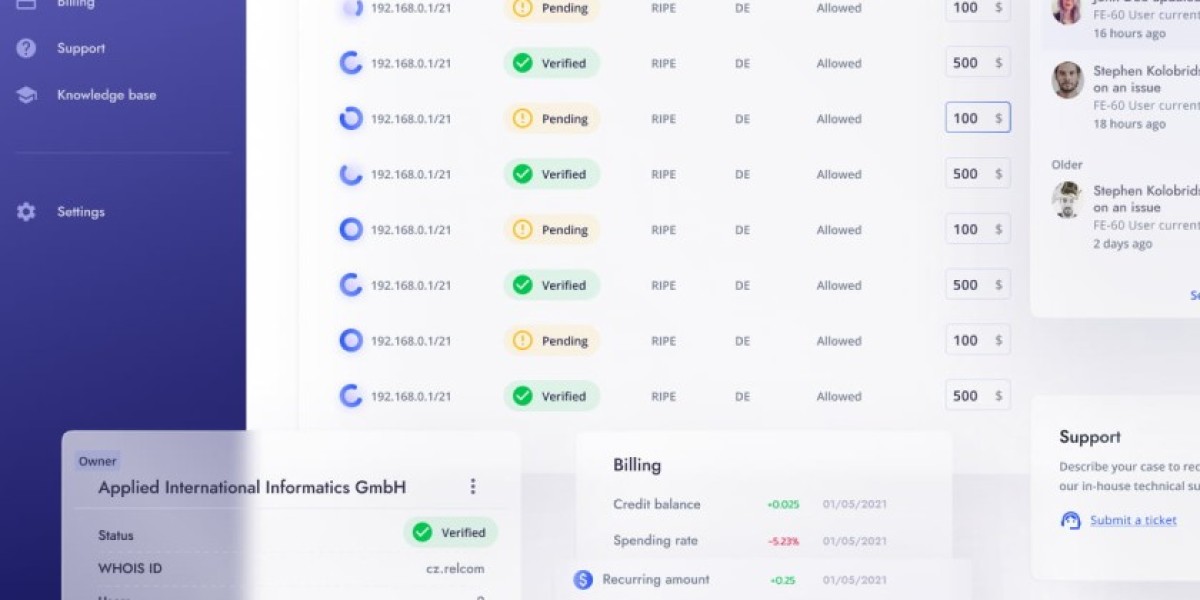Unlock the Secrets to Slashing Energy Costs with Solar Power!
In today's fast-paced business environment, the quest for sustainable solutions is more critical than ever. Solar energy has emerged as a front-runner in the race for energy efficiency, offering businesses a way to not only reduce their carbon footprint but also significantly cut down on energy costs. With rising energy prices and increasing pressure to adhere to environmental regulations, the potential of solar power is becoming a game-changer for many organizations. By harnessing the sun’s energy, businesses can optimize their operations, improve their bottom line, and contribute to a greener planet. This article will delve into how solar energy can transform business operations and enhance energy efficiency.

The Importance of Energy Efficiency for Businesses
Energy efficiency is no longer just a buzzword; it has become a cornerstone of modern business strategy. For many companies, reducing energy consumption directly correlates with improved profitability. By implementing energy-efficient practices, businesses can save on utility bills, thus reallocating those funds toward growth and development. Furthermore, with consumers becoming increasingly environmentally conscious, organizations that prioritize energy efficiency often enjoy a competitive edge. Regulatory pressures also play a crucial role; governments around the world are instituting stricter energy consumption guidelines, making it imperative for businesses to adapt. Solar energy presents a viable solution, providing a sustainable source that not only meets regulatory demands but also enhances overall operational efficiency.
Understanding Solar Energy Solutions
There are several types of solar energy solutions available for businesses, each designed to cater to specific needs. The most common solution is solar photovoltaic (PV) panels, which convert sunlight directly into electricity. Businesses can install these panels on rooftops or unused land to generate clean energy for their operations. Another option is solar thermal systems, which utilize sunlight to produce heat for water or space heating. Additionally, solar water heating systems are specifically designed to heat water for commercial use, reducing the reliance on traditional heating methods. Each of these systems offers unique advantages, such as lower energy costs, reduced emissions, and minimal maintenance requirements, making them attractive options for businesses looking to improve their energy efficiency.
Benefits of Implementing Solar Energy in Businesses
Embracing solar energy can yield numerous benefits for businesses. One of the most significant advantages is the reduction in energy costs; many companies experience a decrease in electricity bills by up to 50% after installing solar solutions. Moreover, solar energy can increase property value, as buildings equipped with solar technology often sell for more due to their sustainable features. Beyond financial benefits, adopting solar energy enhances a company’s brand image, signaling to customers and stakeholders that they are committed to sustainability. A friend of mine who runs a small manufacturing business recently transitioned to solar power and reported not only substantial savings but also an increase in customer inquiries about their sustainability practices, demonstrating how solar energy can boost operational efficiency and corporate reputation.
Steps to Transition to Solar Energy
Transitioning to solar energy involves several critical steps that businesses should not overlook. First, conducting an energy audit is essential to understand current energy consumption and identify areas for improvement. Next, evaluating site feasibility will help determine the best solar solutions for the specific location, including assessing roof space and shading issues. Once the technical aspects are sorted, businesses can explore financing options, such as solar leases or power purchase agreements, which can alleviate the upfront costs of installation. Working with experienced professionals throughout this process is crucial; they can provide guidance on system design, installation, and ongoing maintenance, ensuring a successful transition to solar energy.
Case Studies: Successful Solar Implementations
Numerous businesses have successfully implemented solar energy solutions, showcasing the transformative impact of this technology. For instance, a local grocery store chain installed solar panels across several locations, resulting in a 40% reduction in energy costs. Not only did this boost their profitability, but it also allowed them to market themselves as a green business, attracting environmentally conscious consumers. Similarly, a tech startup adopted solar thermal systems to heat their office space, which led to significant savings on heating bills during winter months. These case studies illustrate how solar energy not only improves energy efficiency but also contributes to overall business success and sustainability.
Harnessing Solar Energy for Business Success
In conclusion, solar energy efficiency represents a vital opportunity for businesses looking to enhance their operational efficiency and reduce energy costs. By investing in solar solutions, companies can reap financial rewards, improve their environmental impact, and strengthen their brand image. As the world continues to shift towards sustainable practices, embracing solar power is not just an option but a necessity for businesses aiming to thrive in the modern economy. If your business hasn’t considered solar energy yet, now is the time to explore how this innovative solution can drive your organization toward a more sustainable and cost-effective future.








